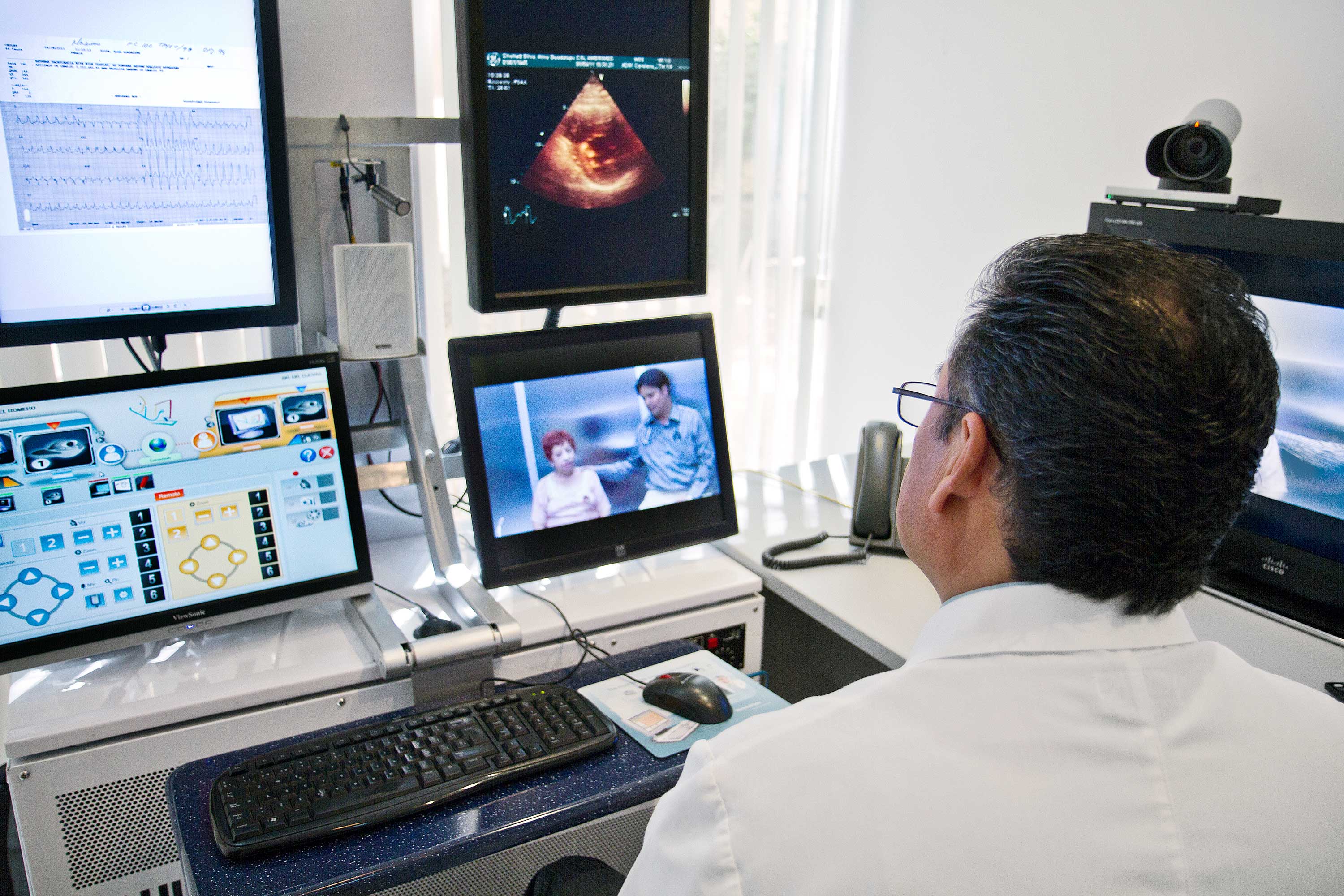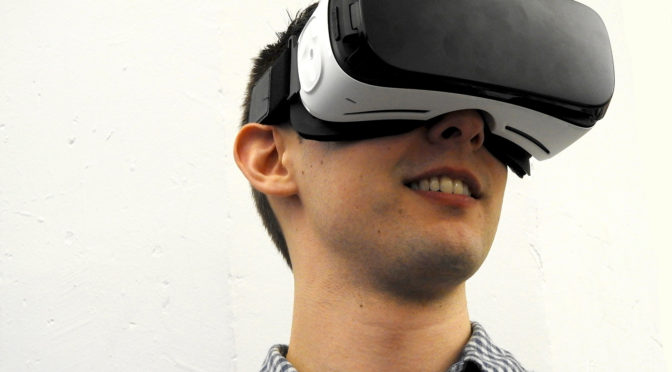The implementation of new technologies often presents big challenges: its not easy to switch large, complicated systems from one methodology to another in a short time. Electronic Health Records is no exception – if it was easy to implement, it would have been done decades ago. Most of today’s corner grocery stores have more advanced electronic records than most hospitals do.
Even though the implementation side of EHR may be a challenge, it definitely worth the effort. It is hard to imagine a bank providing proper service to its customers without the latest electronic system, or a telecom company billing its subscribers with a use of abacus. It is even harder to imagine some other industries operating without proper IT infrastructure: transportation, logistics, mass production, etc. Healthcare seems to be out of this club and could benefit enormously by catching up in order to be in line with modern day standards and requirements.
The Electronic Health Records today is an essential part of overall healthcare industry development roadmap. Back in the 80s, the US Institute of Medicine had to officially recognise that thousands of preventable deaths were being caused by medication errors and recording mistakes. At the same time these errors were not considered as a fault of either party, but a consequence of a poorly designed system.
It is another argument in favour of reforms necessary – sticking to the old system equals ignoring known risks for all of us.
According to Michael Ferguson, The Auditor General of Canada, EHR?s implementation offers important solutions to the entire spectrum of health system problems, many of which are a direct result of paper-based health records. EHR’s are expected to improve the overall service quality through offering healthcare professionals more efficient and easy ways of patient information sharing. They will allow avoiding unnecessary duplicate diagnostic tests, multiple prescriptions and risk of adverse drug reactions.
Another improvement that is expected manifest with the implementation of the EHRs is improved time-efficiency, which will ultimately result in reduction of patient wait times, costs reduction and saved lives.
Scott Wolf, CEO and Director of Research of Grace Century commented: “When we consider how other industries have become extremely data-centric, it is in some ways incredible that care providers are only beginning to see the value of EHR and how they can both improve patient outcomes but reduce healthcare expenditure. However, as the saying goes, better late than never.”
Read the rest of the article here.



